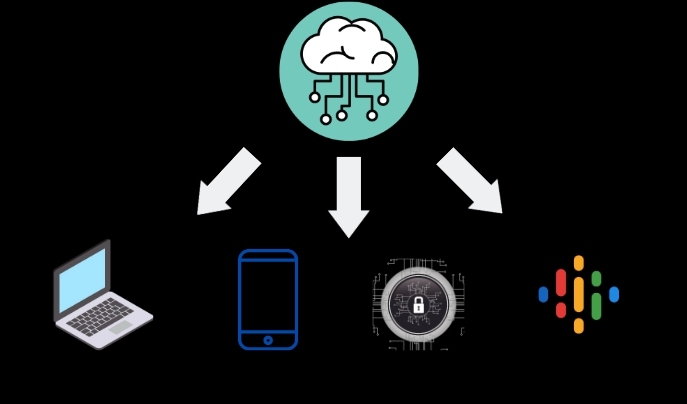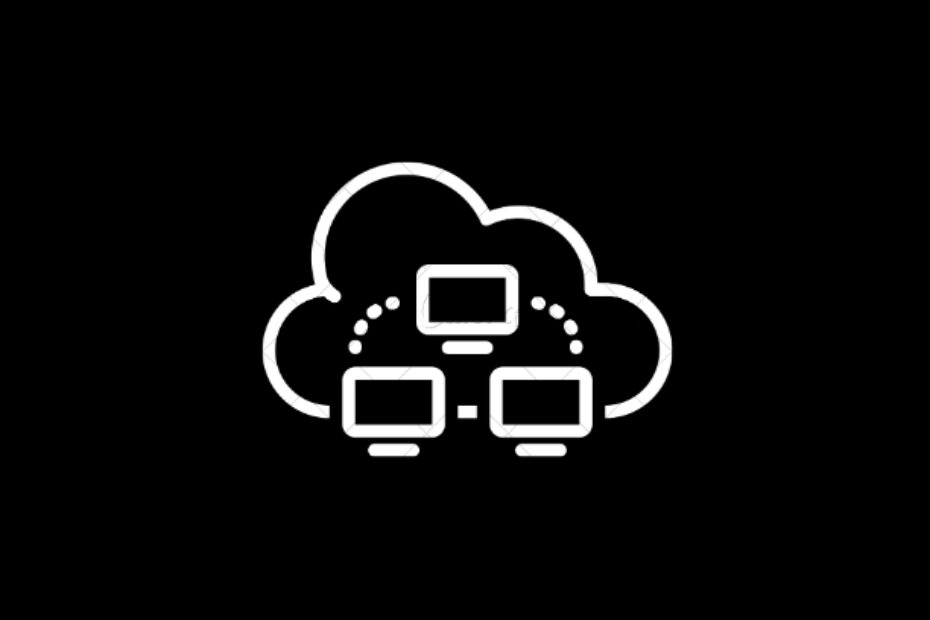In this article, we will understand the concepts of Fog computing and Cloud computing. Also, we will compare both the form of technologies based on a few factors. Here a question may arise in the mind of enthusiasts. What leads to the origin of such concepts in the first place? With the expansion of technology and the invention of new devices, a massive amount of data gets created by millions of users when they use their devices. Then, that leads to the requirement of storing and managing this data efficiently.
Fog computing is a decentralized computing architecture. The method of computing offers reduced latency and improvement in the overall performance of data processing. As per its nature, the data gets processed locally instead of moving to a centralized cloud server. Modern data IoT applications see a prominent use of fog computing. In this, data is generated from devices present at the edge of the network.
On the other hand, Cloud computing has a centralized computing architecture. Users enjoy on-demand access to shared computing resources. The resources here refer to elements such as servers, storage, applications, and various management services. All of these services take place over the internet.

Cloud Computing Explained
Cloud computing allows organizations to scale up or down their computing resources as per their requirement. They can reduce the need for expensive hardware and infrastructure with efficient management of functions in the cloud.
Cloud computing offers several benefits, including cost savings, flexibility, and scalability. Cloud Service Providers offer a variety of services, such as Infrastructure as a Service (IaaS), Platform as a Service (PaaS), and Software as a Service (SaaS). All of these services cater to enterprises as per their business requirements.
Difference Between Fog Computing and Cloud Computing
Based on certain factors, we can know how fog computing and cloud computing differ from each other even though both have a thriving presence in the business sector.
| Factors of Difference | Fog Computing | Cloud Computing |
| Scalability | Less scalable due to the local processing of data and use of lesser resources as compared to Cloud computing. | More scalable due to a greater number of resources being utilized. |
| Resources | Resources for computing are decentralized and managed close to the edge of the network. | The resources are scattered all over the globe, connected via data centers present throughout the world. |
| Security | Local processing of data offers better security against data breaches. It comes at the cost of increased effort in securing the multiple endpoints through which data is transmitted and used. | At the enterprise level, we have often heard of big firms facing data breaches. When we are talking about highly scalable data models, there can be minor loopholes in the security which, upon left unnoticed and unmanaged, can lead to huge security trouble for the data being stored on the cloud. |
| Latency | Considerably less scope of latency due to faster processing of data due to decentralized modus operandi | Due to resources being scattered all over the globe, the distance between the source of data and the cloud server is quite long, which can make room for latency. However, at the enterprise level, this can be managed depending on the type of data and the way it is being used or modified. |
Fog Computing vs Cloud Computing: Which is Better?
The answer to this question is pretty straightforward. If an enterprise’s function requires lesser scalability or lower latency, they will implement fog computing technology. The concerned firms will use cloud computing technology for larger implementations like managing social media data.
Testing is also being carried out for a hybrid implementation of both fog computing and cloud computing. This will ensure that the enterprises will put to use the advantages of both technologies. At the same time, the drawbacks of both concepts will be largely minimized. We hope that in the near future, enterprises will opt for hybrid computing at a reasonable cost instead of separate implementations.
Conclusion
So, this summarizes this discussion regarding the comparison between Fog computing and Cloud computing and which is better between these two. It depends on the use case a business is aiming to execute and how beneficial either of the two forms of cloud computing will be in that use case. Then as per their analysis of the case studies, they can opt for cloud computing or fog computing for a longer form of implementation.

I found the article very impressive and thought-provoking.